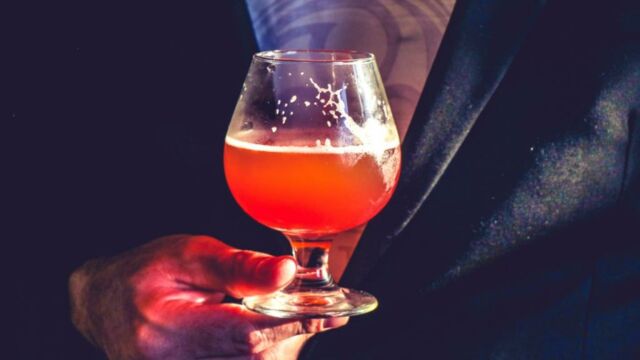According to a study conducted by Australian researchers and published in the journal Cognitive, Affective & Behavioral Science, a cheeky pint may do no harm, but a second could make the difference. Thomas Denson and his team at University of New South Wales have deciphered the brain mechanisms that can lead to increased aggression after just two drinks.
Discover our latest podcast
Research consisted of observing fifty volunteers, half of whom drank vodka and the other half a non-alcoholic alternative. After consumption, participants were then subjected to an MRI (magnetic resonance imaging) scan of their brain to observe and note whatever effects that alcohol has made on brain activity.
Modified cerebral activity
After sufficiently drinking, the subjects were presented with a series of virtual aggressors while inside the MRI machine. Researchers on the outside observed in real time the happenings inside the brain when subjects were confronted. When observing neuronal response, researchers saw no real noticeable differences. On the other hand, those who had a bevvy or two had a quite different reaction than their sober counterparts in regards to aggressive behaviour.
To be more precise, scientists saw that those who had drunk alcohol demonstrated a decrease in activity of a certain region of the brain: the prefrontal cortex. An area associated with the memory – the hippocampus – showed much more activity in the alcohol drinkers. ‘These regions may support different behaviours, such as peace versus aggression, depending on whether a person is sober or intoxicated’, explained Thomas Denson.
The all-seeing eye of modern technology
These observations now prove without a doubt the theories proposed in relation to alcohol’s impact on aggression up until now. Alcohol-related has been suspected and all but confirmed for ages now, but it’s not until now that brain imaging evidence has confirmed the hypothesis.















